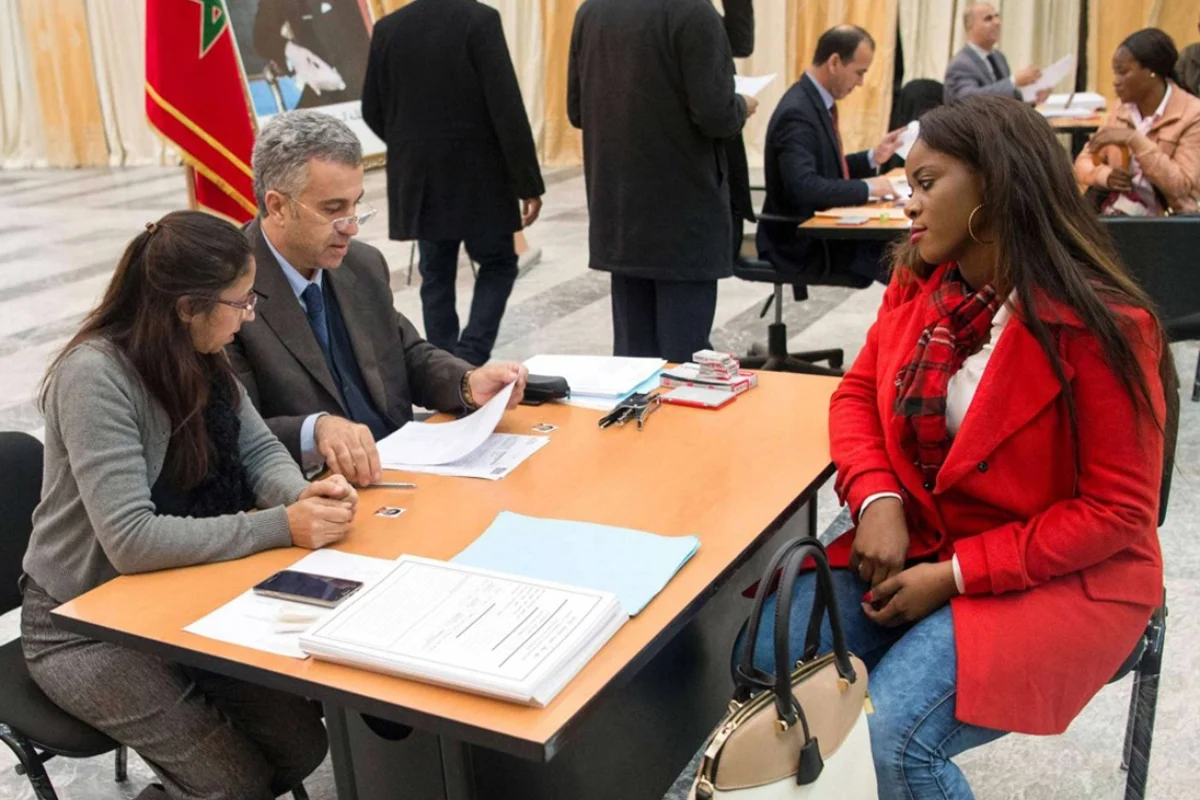
Morocco, Land of Welcome and Integration for African Migrants
For several years now, Morocco has been a preferred destination for migrants from sub-Saharan Africa and West African countries, due to its cultural and geographical proximity and the strategic interest the Kingdom has for the continent, particularly in the field of migration.
Morocco expresses this interest in the Africa depths through the humane, holistic and pragmatic migration policy launched by King Mohammed VI, and which has provided a legal and institutional framework, guaranteeing migrants and refugees their fundamental rights.
Morocco’s attractiveness as a destination for settlement and not just transit is strengthened by confidence in the Kingdom’s efforts to manage migration with a human face, based on full respect for human rights principles and the fight against discrimination in all its forms.
This attractiveness is also reinforced by the Kingdom’s determination to promote the integration of migrants, by facilitating their access to health, education, training and higher education systems, as well as to housing and employment, according to an approach that considers the socio-economic challenges of migration as an opportunity for development and not as an obstacle.
Today, cities across the Kingdom welcome young African migrants who have come to Morocco with the intention of settling here in search of a better life for themselves and their families. Others, who came to pursue their studies or with the intention of moving to the northern shores of the Mediterranean, ended up settling in Morocco once they realized the opportunities offered to migrants, both in terms of legal protection and the means put in place to facilitate their economic and social integration.
Mamoudou Samoura, An example of migrant’s successful integration into Moroccan society
Mamoudou Samoura is one of a number of immigrants who have benefited from the considerable opportunities offered by Morocco to young Africans. After an outstanding academic career, he has successfully made his way into the business world.
The young man recounts to MAP news agency how he arrived in Morocco in 2008 from Guinea as part of existing cooperation between the two countries through the Moroccan Agency for International Cooperation (AMCI), an innovative mechanism dedicated to encouraging African talent by supporting students from over 47 countries to pursue their higher education in the Kingdom’s various institutes, schools and universities.
Morocco’s strategic and constant openness to the African continent has enabled Mamoudou to achieve excellent academic and professional results.
After obtaining a bachelor’s degree in public law from the Mohammedia Faculty of Law and a master’s degree in international law from the Casablanca Faculty of Law (Hassan II University), the Guinean continued his academic adventure, opting for a doctorate on “border cooperation in West Africa”, alongside training at the King Fahd School of Translation in Tangier, from which he will graduate in 2019 with a translator’s diploma (Arabic-French-English).
Building on this brilliant academic record, Mamoudou’s training has been complemented by a number of professional experiences in various fields, ranging from legal advice with a well-known Casablanca law firm, to translation and consulting firms.
One of the most significant recent professional experiences of this Guinean immigrant residing in Morocco was to supervise the management of the legal support center for immigrants, asylum seekers and refugees, within the Rights and Justice association, in addition to his work as legal adviser to several foreign NGOs working in the field of the social and professional integration of immigrants.
Drawing on his experience and background, Mamoudou decided to set up a company in Casablanca specializing in consulting, studies, training, translation, communication and publishing.
In a tone of gratitude, he expresses his firm conviction that Morocco is a country that has enabled him to realize his dreams, referring to the Kingdom’s strategic position and the progress made in the business and entrepreneurial climate, in line with His King Mohammed VI’s far-sighted vision of South-South cooperation and continental development.
